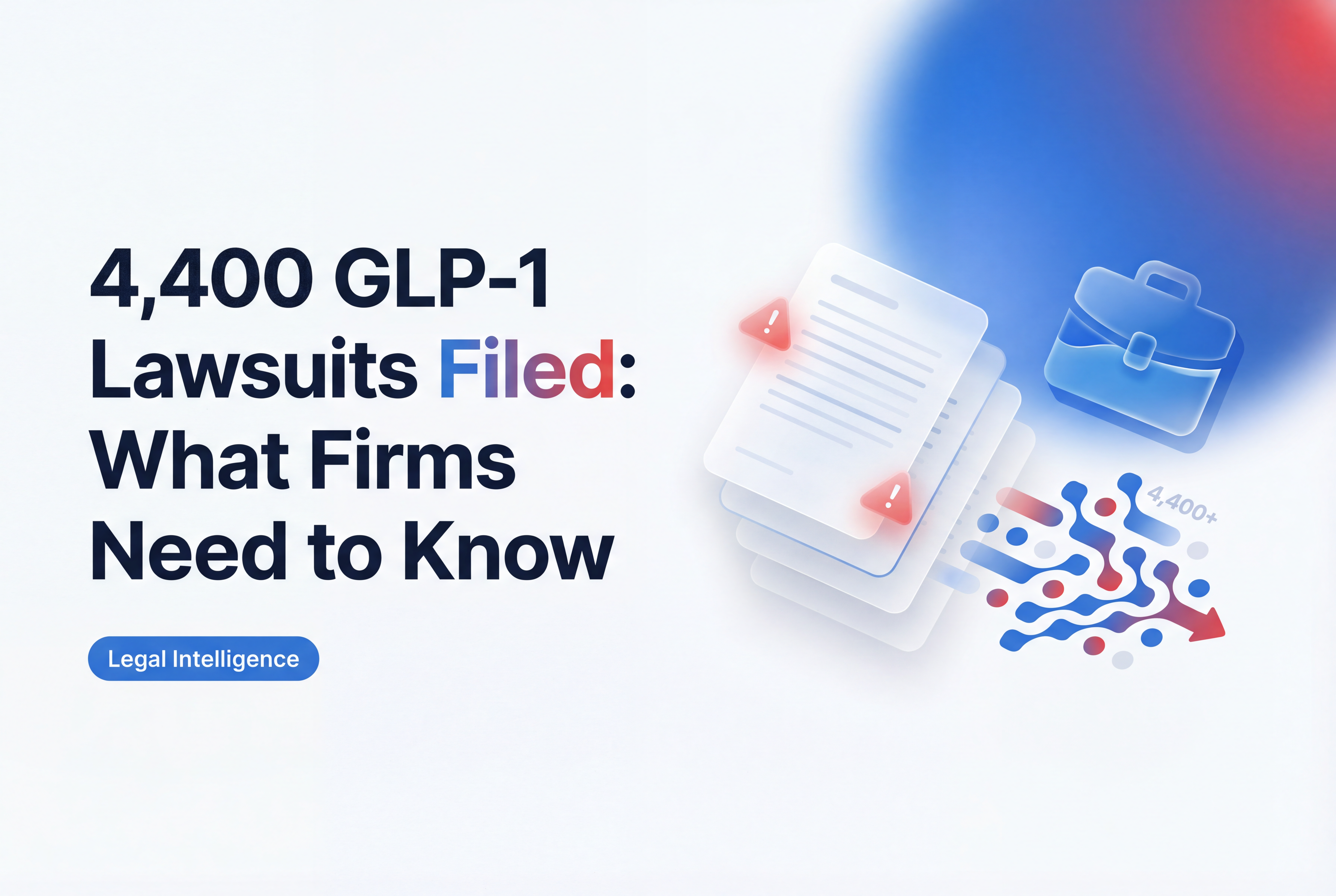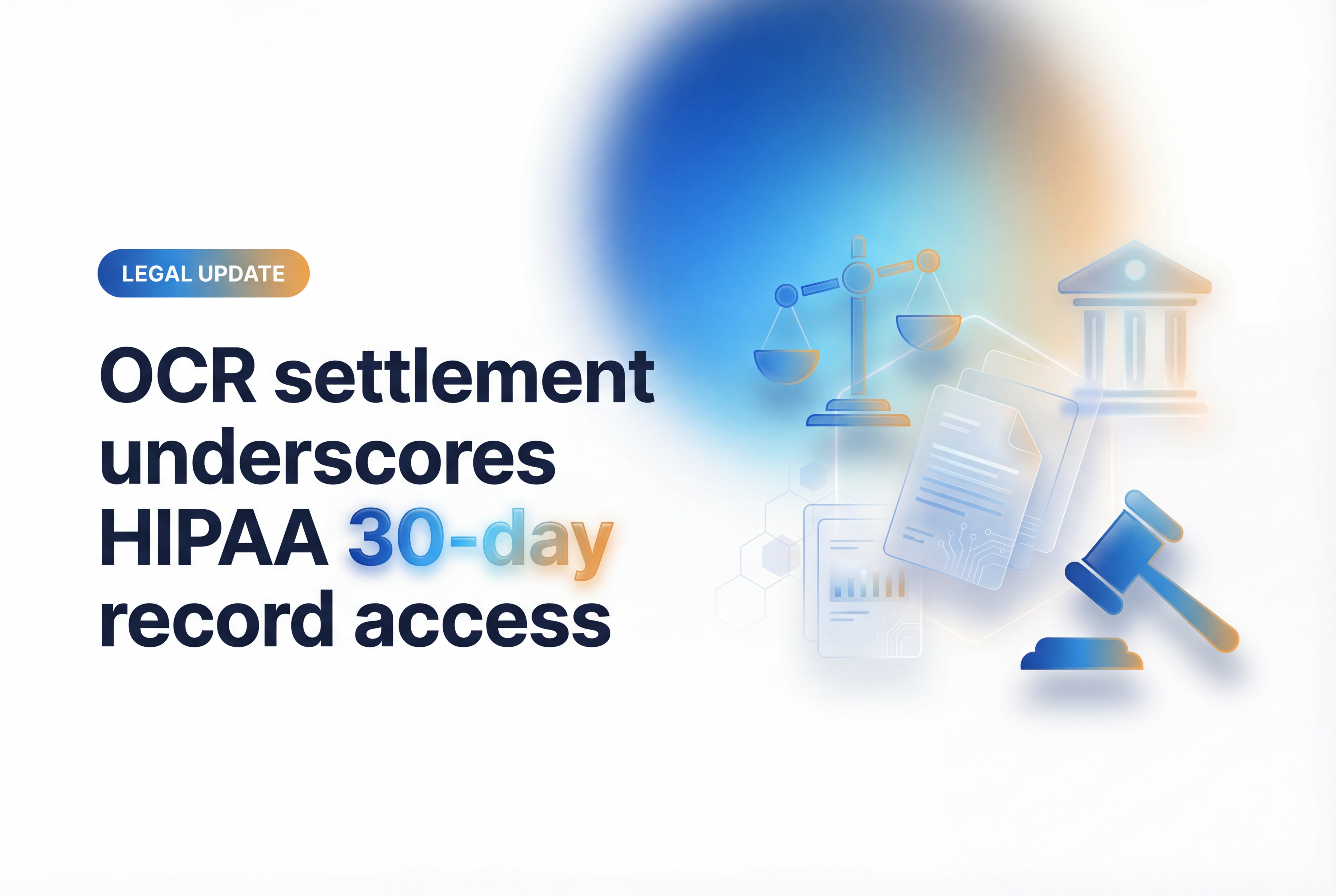Social Media Addiction Litigation Update: July 2025 MDL Progress and Bellwether Trial Preparations

Shere Saidon
CEO & Founder at LlamaLab
Social Media Addiction Litigation Update: July 2025 Progress
Interactive Visual Story Available
The social media addiction multidistrict litigation (MDL) in the Northern District of California continues to evolve rapidly, with significant developments positioning this litigation as one of the most important mass tort cases of the decade. As of July 2025, the litigation encompasses 1,867 active cases against major platforms including Meta (Facebook/Instagram), TikTok, Snapchat, and YouTube.
Current Litigation Landscape
Federal MDL Status
The federal MDL, centralized before Judge Yvonne Gonzalez Rogers in the Northern District of California, has reached 1,867 active cases as of July 1, 2025. This represents sustained momentum with dozens of new filings weekly. The plaintiffs include families of minors and young adults who experienced depression, anxiety, self-harm, eating disorders, and suicide after prolonged exposure to social media platforms.
The cases are filed under multiple legal theories:
- Strict liability for defective design
- Negligence in product design and failure to warn
- Fraudulent concealment of known risks
- Violations of state consumer protection laws
California JCCP Moving Faster
The parallel California Judicial Council Coordinated Proceeding (JCCP) is advancing more aggressively than the federal MDL. Judge Carolyn B. Kuhl in Los Angeles Superior Court has scheduled the first bellwether trial to begin November 19, 2025, with jury selection starting that week.
This timeline positions the JCCP ahead of the federal MDL on critical trial issues, including evidence presentation and expert testimony challenges. Additional trials are calendared for March 9, 2026 (Trial Pool 2) and May 11, 2026 (Trial Pool 3). Judge Kuhl's decision to personally oversee all trials ensures consistent management across the coordinated state litigation.
Active cases in the federal MDL as of July 2025
First bellwether trial scheduled in California JCCP
School districts selected as first federal bellwether trials
Understanding the Legal Theories
Algorithmic Manipulation Claims
The core of these lawsuits centers on how social media algorithms manipulate user behavior, particularly targeting vulnerable young people. The legal theory focuses on several key algorithmic changes:
Facebook's 2009 Algorithm Shift: Facebook abandoned its chronological news feed for an engagement-based ranking system designed to maximize user time on platform. Instagram followed suit in 2016.
The "Meaningful Social Interaction" Algorithm (2018): Meta introduced this algorithm claiming it would promote meaningful connections. However, plaintiffs argue it amplifies negative interactions by prioritizing emotionally charged content that provokes anger, fear, or sadness.
Instagram's Explore Feature: This algorithm curates content based on user interactions, creating dangerous feedback loops. Users who engage with content related to body image, fitness, or mental health are served increasingly extreme versions of similar content.
Design Defect Arguments
Plaintiffs argue that social media platforms are defectively designed because they:
- Exploit psychological vulnerabilities through features that trigger dopamine responses
- Lack adequate safeguards for underage users despite knowing children under 13 use the platforms
- Prioritize engagement over safety through design choices that maximize screen time
- Fail to implement effective parental controls despite having the technical capability
Failure to Warn Claims
The lawsuits assert that defendants knew or should have known about the addictive nature and mental health risks of their platforms but failed to adequately warn users and parents. Internal documents from Meta allegedly show the company was aware that:
- Instagram was particularly harmful to teenage girls' mental health
- The platforms were designed to be addictive
- Existing tools to limit screen time were ineffective
- Children under 13 were using Instagram despite age restrictions
Key Defendants and Their Roles
Meta Platforms (Primary Target)
Meta faces the most significant exposure given Instagram's 2 billion monthly active users and Facebook's nearly 3 billion users. Internal documents allegedly show Meta:
- Acknowledged Instagram's addictive design and harm to teenagers
- Cut funding for mental health teams
- Engaged in campaigns to discredit research about platform addiction
- Maintained inaccurate "time spent" tracking tools
TikTok/ByteDance
The TikTok entities face claims related to their algorithm's particularly aggressive content curation system, which plaintiffs argue is designed to maximize engagement through increasingly extreme content recommendations.
Snap Inc.
Snapchat faces liability for features like "Snapstreaks" that allegedly create compulsive usage patterns and for failing to implement adequate safety measures for young users.
Google/YouTube
YouTube faces claims related to its recommendation algorithm and failure to prevent harmful content from reaching minors, despite having sophisticated content analysis capabilities.
Bellwether Trial Strategy
School District Cases First
Judge Rogers selected six school districts from Maryland, Georgia, Kentucky, New Jersey, North Carolina, and Arizona as the first federal bellwether trials. This approach is strategically sound because:
- Institutional plaintiffs present procedurally simpler cases
- Aggregate harm data from school systems can demonstrate widespread impact
- Early pressure on defendants through institutional credibility
- Causation evidence from educational professionals and mental health data
Individual Cases to Follow
Five individual plaintiff cases have been selected to follow the school district trials. These cases will likely focus on severe outcomes including suicide, self-harm, and eating disorders directly linked to social media addiction.
Strategic Importance
Recent Case Examples
Ohio Family Case (May 2025)
A Kettering, Ohio family filed claims on behalf of their 16-year-old child, B.W., against Meta and Snap. The case details B.W.'s use of Instagram and Snapchat from 2018-2025, which allegedly caused:
- Compulsive social media use
- Depression and anxiety
- Self-harming behaviors
The lawsuit includes claims for strict liability, negligence, and violations of Ohio's consumer protection laws, along with a derivative claim for loss of consortium.
Discovery Rulings Protecting Therapy Records
Magistrate Judge Peter Kang has consistently protected the confidentiality of therapy records, ruling that defendants cannot access detailed therapeutic communications between minor plaintiffs and their mental health providers. This preserves the therapeutic relationship while allowing defendants access to relevant medical records.
The Medical Records Challenge
Building strong social media addiction cases requires comprehensive documentation of both the addiction pattern and resulting mental health consequences. Law firms face several challenges:
Documentation Requirements
Proof of Platform Use:
- Device usage data and screen time records
- Social media account activity logs
- Parental monitoring app data
- School technology usage reports
Mental Health Impact Evidence:
- Psychiatric evaluation records
- Therapy session notes (with appropriate limitations)
- Hospitalization records for self-harm or suicide attempts
- Educational records showing declining academic performance
- Medical records documenting eating disorders or other physical manifestations
Common Documentation Gaps
Many families struggle to provide complete evidence due to:
- Limited awareness of usage tracking tools
- Deleted social media accounts or posts
- Reluctance to share private mental health information
- Treatment across multiple providers and facilities
- Incomplete understanding of the connection between platform use and mental health decline
Key Points
Essential takeaways from this article
Settlement Predictions and Timeline
Settlement Value Predictions
Expected compensation ranges based on case severity
High-Value Cases
Most severe outcomes
Mid-Range Cases
Moderate to severe harm
Lower-Value Cases
Documented harm with recovery
Timeline Expectations
The California JCCP trials beginning in November 2025 will provide the first jury verdicts and establish important precedents. If plaintiffs achieve favorable verdicts, pressure for global settlement discussions will increase significantly.
The federal MDL bellwether trials are expected to begin in 2026, with school district cases likely producing different dynamics than individual injury cases. Settlement discussions may accelerate if early trials demonstrate strong liability theories and significant damages.
Implications for Law Firms
Case Evaluation Criteria
Firms should focus on cases involving:
- Platform use beginning before age 21 (preferably younger)
- Clear timeline connecting usage to mental health decline
- Severe outcomes requiring medical intervention
- Comprehensive medical and usage documentation
- Absence of significant pre-existing mental health conditions
Building Stronger Cases
Success in social media addiction cases requires:
- Comprehensive usage documentation through device data, parental controls, and platform records
- Expert psychiatric evaluation to establish addiction diagnosis and causation
- Timeline development showing correlation between platform use and symptom onset
- Educational and social impact evidence demonstrating functional decline
- Family impact testimony regarding behavioral changes and intervention attempts
The litigation represents a significant opportunity for firms to help families affected by social media addiction while holding tech companies accountable for prioritizing engagement over user safety, particularly for vulnerable young users.
Strengthen Your Social Media Addiction Cases
Learn how comprehensive documentation and expert analysis can help build stronger cases for families affected by social media addiction.
This article provides general information about social media addiction litigation developments and should not be construed as legal advice. For specific case guidance, consult with qualified legal counsel.
Stay Updated with Latest Insights
Get the latest articles about medical record retrieval and legal tech delivered to your inbox.


